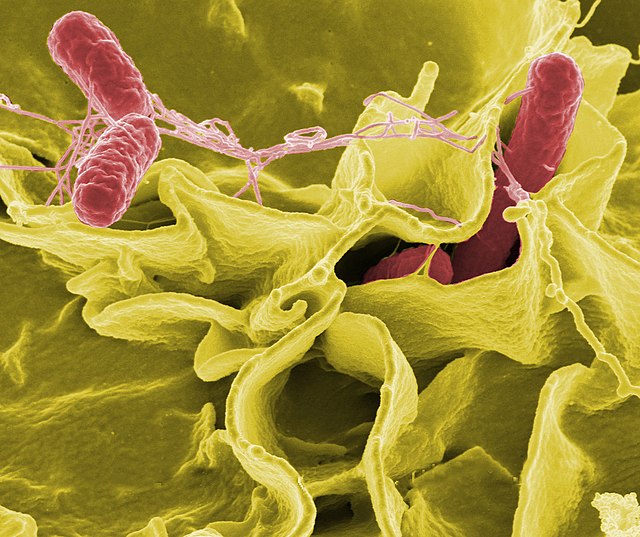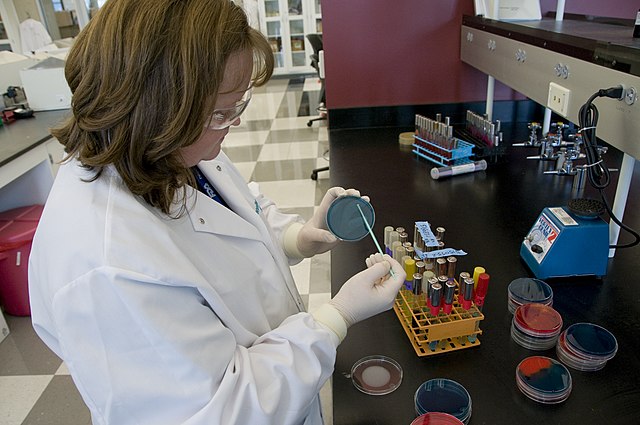Infinite photos and videos for every Wiki article ·
Find something interesting to watch in seconds
Celebrities
Crown Jewels
Countries of the World
Tallest Buildings
Ancient Marvels
Presidents
Sports
Wars and Battles
Richest US Counties
Great Cities
Famous Castles
Best Campuses
Orders and Medals
Great Museums
World Banknotes
History by Country
Animals
Supercars
Great Artists
Rare Coins
Recovered Treasures
Largest Empires
British Monarchs
Wonders of Nature
Kings of France
Largest Palaces
more top lists



